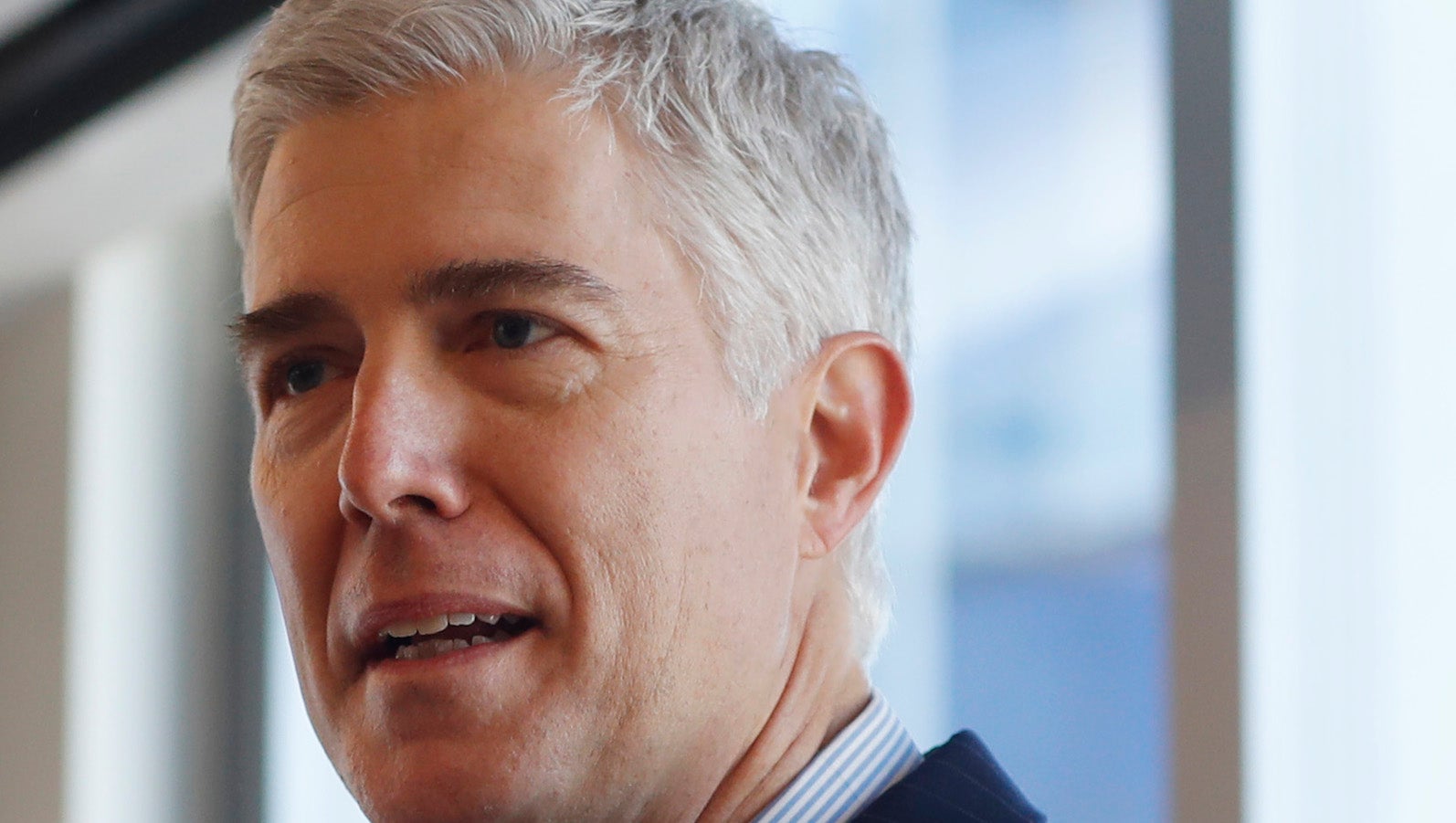Trump’s US Supreme Court nominee Neil Gorsuch is a lot like Scalia, with one key difference
If confirmed, Donald Trump’s US Supreme Court nominee, Neil Gorsuch, will deliver lively judicial opinions that are stylishly written and make for entertaining reading, just like the late justice Antonin Scalia did. Like Scalia’s opinions, they will be based on strict principles of statutory construction, and a highly conservative outlook, according to the scribes at SCOTUS Blog, who have called the similarities between the two “eerie.”


If confirmed, Donald Trump’s US Supreme Court nominee, Neil Gorsuch, will deliver lively judicial opinions that are stylishly written and make for entertaining reading, just like the late justice Antonin Scalia did. Like Scalia’s opinions, they will be based on strict principles of statutory construction, and a highly conservative outlook, according to the scribes at SCOTUS Blog, who have called the similarities between the two “eerie.”
In fact, Gorsuch was ranked highest in a Scalia-ness scale recently created by legal scholars and was deemed the deceased jurist’s “natural successor.” Scalia-ness in this case manifests in three things—adherence to originalist principles of interpretation, writing about how to consider the law beyond just legal issues, and issuing separate opinions to elucidate a personal position. Those are all things that Scalia did on the high court and that Gorsuch now does as a federal judge for the 10th Circuit Court of Appeals in Denver, Colorado, where he has served since former US president George W. Bush appointed him in 2006.
A Harvard Law School graduate with an intellectual bent, Gorsuch studied legal philosophy at Oxford and is known for his thoughtful, entertaining, and literary legal writing. He’s an originalist like Scalia, sticking to what he considers the strict construction of the Constitution. He believes the role of the judiciary is to interpret the document as the founding fathers would, rather than be generally guided by it. The approach has resulted in thinking similar to that of Scalia—SCOTUS Blog notes, for example, that ”the reasoning in Gorsuch’s 2008 concurrence in United States v. Hinckley is exactly the same as that of Scalia’s 2012 dissent in Reynolds v. United States.”
Like Scalia, Gorsuch does not welcome death penalty appeals but does often come down on the side of criminal defendants against the state, based on his strict adherence to rules of interpretation. This makes the conservative justice an unlikely ally of underdogs in criminal court, as his predecessor was.
Similarly, Gorsuch strongly supports religious freedom and the right of people to practice without state intrusion. In Hobby Lobby Stores v. Sebelius, the Hobby Lobby arts-and-crafts-supplies retailer argued that the Affordable Care Act’s contraception mandate burdened the privately owned company’s exercise of religious freedom, and Gorsuch agreed. His concurring opinion emphasized the importance of accepting people’s own beliefs about the requirements of their faith, a position Scalia likely would have taken.
But there is one critical difference between Gorsuch and Scalia
For all of their similarities, the two justices present an important difference to keep in mind: Gorsuch is even more conservative. His strictness is most evident in a 2016 concurring opinion about administrative law, which is not usually considered a controversial area of practice.
In Gutierrez-Brizuela v. Lynch, an immigration case decided in August, Gorsuch rocked the world of bureaucrats. At issue was whether administrative agencies should be allowed to interpret ambiguous statutory language as they see fit, so long as their interpretation doesn’t contradict the rule’s murky wording. Scalia generally approved of the idea that statutory ambiguity should be resolved in favor of agencies, a principle known as Chevron. But Gorsuch takes a far less charitable view of this idea.
In a concurring opinion on Gutierrez, Gorsuch wrote, “[T]he fact is Chevron…permit[s] executive bureaucracies to swallow huge amounts of core judicial and legislative power and concentrate federal power in a way that seems more than a little difficult to square with the Constitution of the framers’ design.”
Opponents of Chevron generally argue that the doctrine allows politicians and administrators in agencies to interpret law, which is the job of the judiciary, and thus violates the separation of powers clause of the Constitution. (It’s notable that Gorsuch should have a strong opinion on agencies. His mother, Anne Burford Gorsuch, was the head the US Environmental Protection Agency, under the Reagan administration. She was forced to resign in 1983 amid allegations of corruption for which she was never charged.)
Speaking at the Jan. 31 news conference where Trump introduced his pick, Gorsuch called Scalia “a lion of the law” and spoke of missing the justice, who died nearly a year ago.
If Gorsuch is approved, he will no doubt be like Scalia in one other important way. Every so often, he’ll be unpredictable.